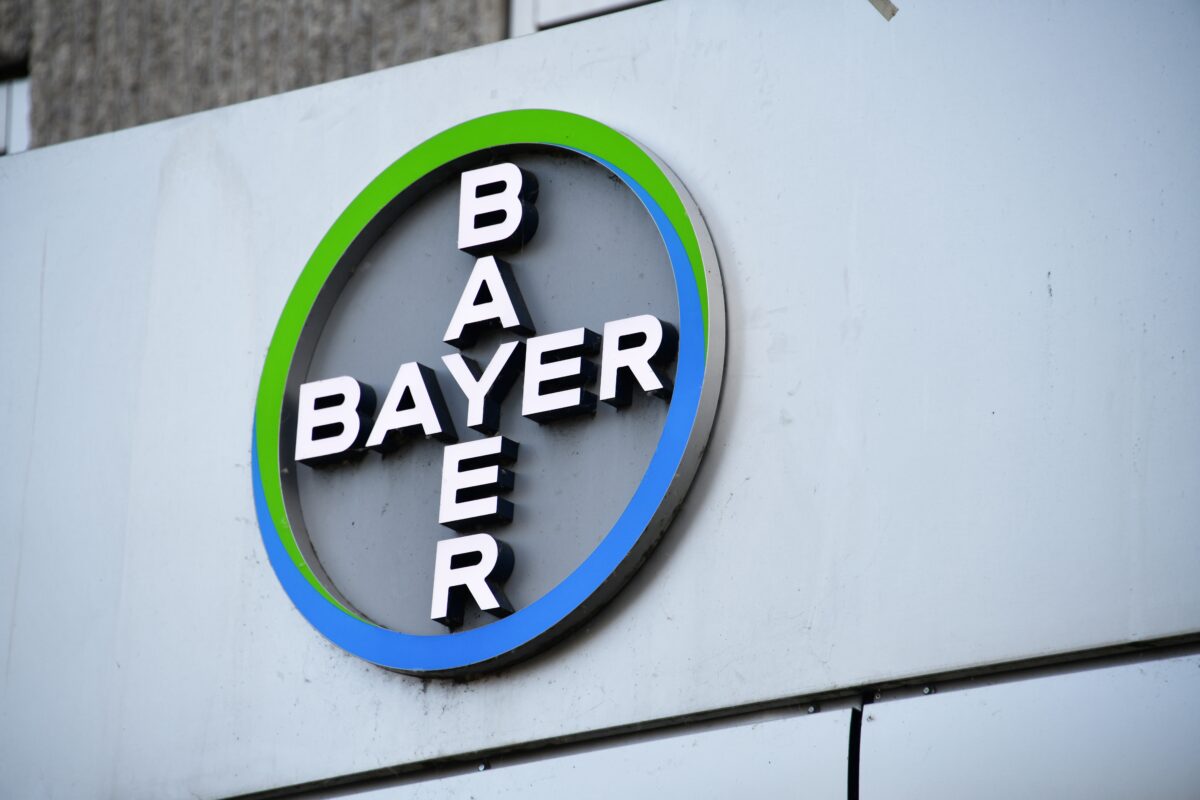In a new regulatory milestone, the US Food and Drug Administration (FDA) has approved Ocrevus Zunovo (ocrelizumab & hyaluronidase-ocsq), introducing the first-ever subcutaneous injection option for relapsing multiple sclerosis (RMS) and primary progressive multiple sclerosis (PPMS).
While multiple sclerosis treatments like infusions (natalizumab [Biogen’s Tysabri], ocrelizumab [Genentech’s Ocrevus]) and oral therapies (fingolimod [Novartis’s Gilenya], dimethyl fumarate [Biogen’s Tecfidera]) play crucial roles in managing the disease, they often require frequent administration or specialized facilities for infusion. Ocrevus Zunovo stands apart as the first and only subcutaneous option, offering a quick 10-minute administration that can be delivered in settings without IV infrastructure.
After the first injection of Ocrevus Zunovo, treatment could take as little as 55 minutes, although patients must take premedications at least 30 minutes prior to each dose. Monitoring is required at least 60 minutes after the first dose and 15 minutes after subsequent injections.
XTALKS WEBINAR: Operationalizing Innovative Biomarkers to Support Evolving Therapeutic and Diagnostic Landscape for Neurodegenerative Diseases
Live and On-Demand: Wednesday, October 23, 2024, at 11am EDT (4pm BST/UK)
Register for this free webinar to learn how a holistic understanding of the disease pathology of Alzheimer’s disease, Lewy body dementia and more — in both diagnostics and drug development — can drive accelerated therapies to patients in need.
Ocrevus Zunovo’s approval builds on the strong safety and efficacy data from the original Ocrevus IV formulation, which has been used to treat over 350,000 people worldwide. In the pivotal Phase III OCARINA II trial, Ocrevus Zunovo proved non-inferior to its IV counterpart, showing consistent drug levels, safety and efficacy. Ninety-two percent of patients reported satisfaction with the new subcutaneous administration, offering a welcomed alternative for those seeking flexibility.
The OCARINA II study results showed that Ocrevus Zunovo matched the IV version in suppressing relapse activity (97 percent) and MRI lesions (97 percent) through 48 weeks, keeping disease progression at bay. While injection reactions were more common during the first dose, they were typically mild or moderate, not causing patients to discontinue treatment. Further studies are anticipated to explore additional patient outcomes and further improve the treatment experience.
Ocrevus Zunovo uses Halozyme Therapeutics’ Enhanze drug delivery technology, which enhances absorption by temporarily increasing the permeability of the subcutaneous tissue. The enzyme rHuPH20 enables rapid dispersion of the drug into the bloodstream.
Currently, Ocrevus and Ocrevus Zunovo remain the only therapies approved for both RMS and PPMS. The global multiple sclerosis (MS) drug market expects growth from $21.16 billion in 2024 to $38.94 billion by 2032, driven by increasing prevalence and R&D investments. The shift towards monoclonal antibodies, including Ocrevus, has also contributed to this growth.
Genentech is pursuing over 30 ongoing trials — including a Phase I study on transferring anti-CD20 antibodies across the blood-brain barrier — to better understand disease progression and improve patient outcomes in multiple sclerosis.
Subcutaneous treatments are gaining momentum across neurological diseases, with therapies like COYA 302 showing anti-inflammatory effects in mouse models of Parkinson’s disease. These therapies reflect a broader shift toward easier-to-administer solutions, offering flexibility and efficacy in treating neurological diseases.












Join or login to leave a comment
JOIN LOGIN